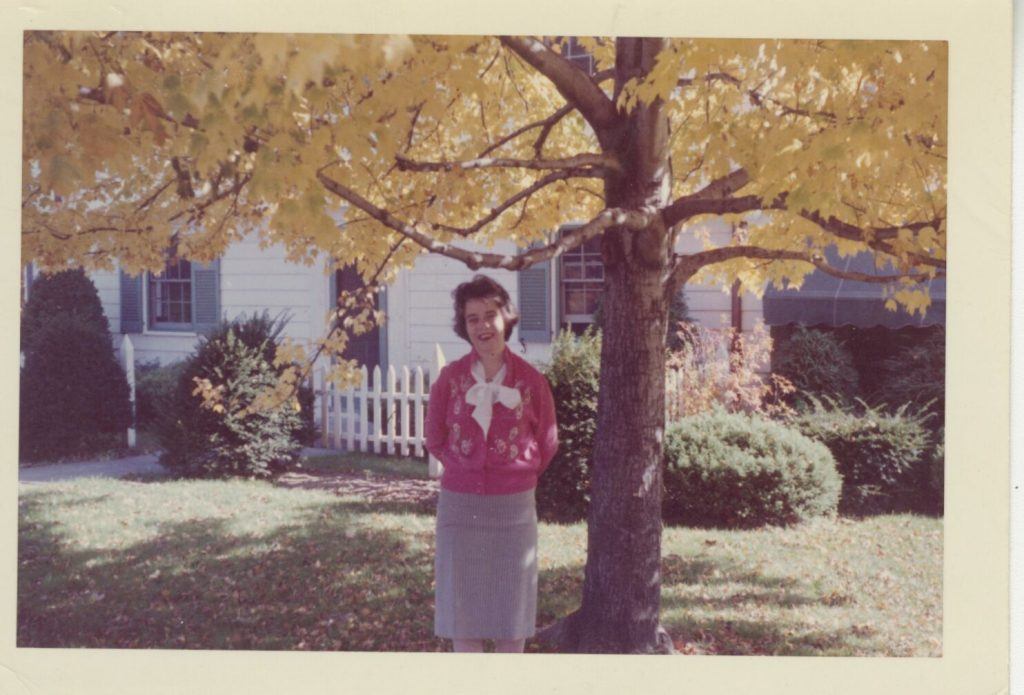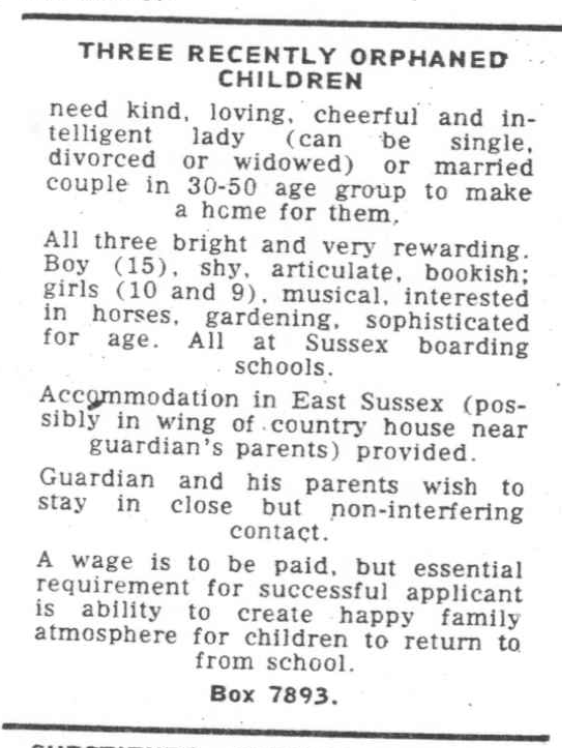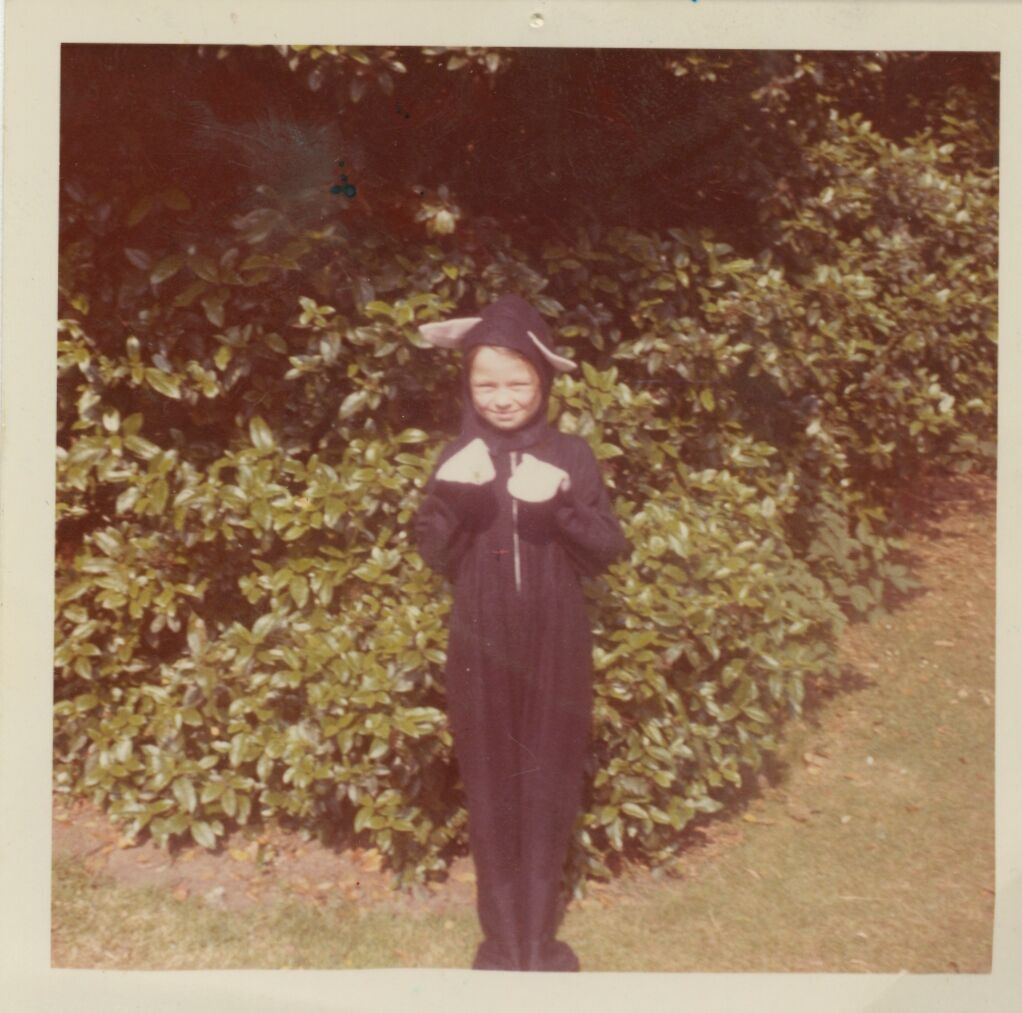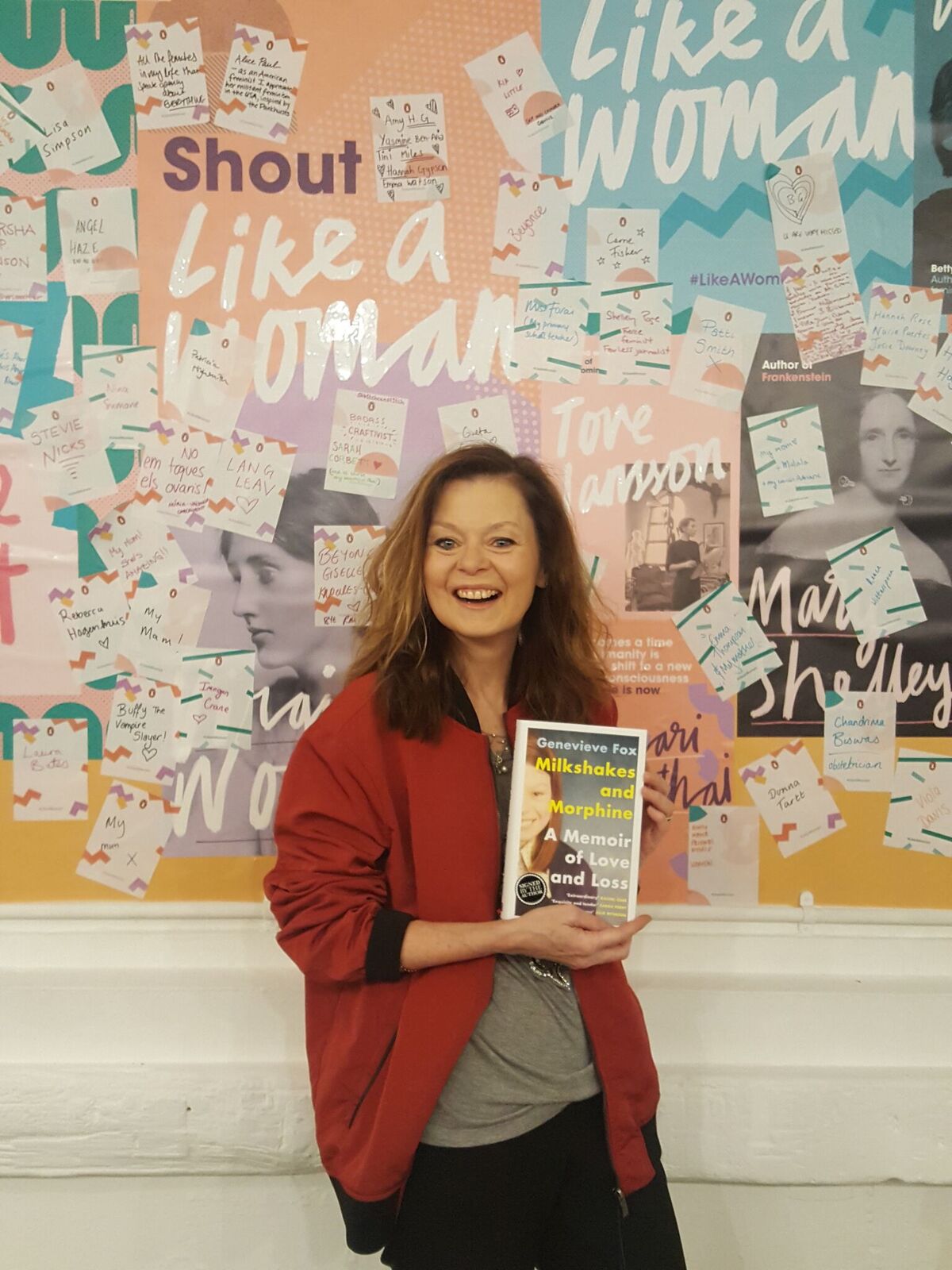Writers are escape artists – from ourselves, the blank page waiting to be filled, the pile of dirty dishes our higher calling forbids us from tackling. It’s why we secrete ourselves in temples of creativity (AKA local watering holes, cosy cafes, a nice deck chair at the first sign of sunshine). But once installed in our sacred spot of choice (in my case, Doppio Coffee Warehouse, Rustique Literary Café, Tufnell Park Tavern or a bar stool at Patron, to name but a few), very little writing gets done.
If you’re writing a memoir, this is partly because you’re getting up close and personal with the truth; and the way things really are, as opposed to how you’ve chosen to see them up until now, can end up being the one thing you most want to escape from.
It’s also because it feels rude to write on your own in, say, The Lord Stanley, which does a tasty set lunch for just over a fiver. So you invite a writer friend for a ‘working lunch’. Of course you do. And you chuck in a glass of Picpoul de Pinet. Or two. One day you’ll both finish your first drafts, so why not celebrate in advance?

Memoirs are tricky beasts. The truths they expose can rattle your cage, or teach you things about yourself you didn’t even know. My own memoir, Milkshakes and Morphine, chronicles how a diagnosis of head and neck cancer in late 2013 forced me to look back on a rackety childhood, after I was orphaned (see advert from The Lady, below) following my own mother’s death from cancer when I was nine, four years after the death of my American father. My worst fear, namely that I will be lost to my two teenage sons as my mother was to me, has me by the throat.
What I find hardest, aside from this fear, is being vulnerable. I don’t do vulnerable. Looking back on my childhood, as I did in writing the memoir, I can see why. Orphans live on their mettle. They don’t rely on other people. It took me many hours of staring at my laptop before I dared to write as much.
It is a while before I accept an offer from local friends to deliver us Meals on Heels. My whole family is glad I do. This glam gastro posse rocks up with home-cooked, three-course meals, at least until I can no longer eat and live off medical milkshakes and morphine.

One friend persuades Italian deli Salvino to deliver, and texts me to say so. My husband and I, who are out at the time, fantasise about what might be coming our way: ravioli stuffed with mushrooms and chestnuts, grilled aubergines with sun-dried tomatoes, silken burrata with tomatoes.
Half an hour before I get home, I get another text. “Thanks so much for the supper from Salvino. So thoughtful of you. You are too kind. All our love. E and R.”
The text is from a neighbour, who is very ill himself. Like me, he and his partner do like their food. It is only 7pm, too early for supper. Hopefully they won’t have eaten the delivery yet. We hurry home. If only I had told them I had cancer, and not hidden the fact, this would never have happened. I want to text them: “Don’t you dare eat it. It’s mine.”
“That’s good to hear,” I lie instead. “Hope you’re feeling better.” The next day they thanked me in person for their supper, and I didn’t put them right. Should I have been more honest? I don’t know. It’s a judgment call, in life, as in writing about your life. To anyone planning a memoir, I’d say, go for emotional honesty. Share your secrets or rather, share some of them. When I was sick, my friend Debbie, who runs wildflower gardening consortium Butterflies and Bees, stole into my garden and planted some chard. I hate chard. As soon as I was better, I dug it up.

And then, like an idiot, I confessed as much in my memoir and now the whole world knows that cancer did not transform me into a soft, squidgy, sweet person like it’s supposed to. But writing it did earn me a celebratory drink with my agent at Ceremony, the vegetarian place on Fortess Road. We were admiring the wild flowers used in the cocktails. Butterflies and Bees designed their garden, I nearly said, but that would lead back to what I did to that poor chard. I told you the truth can hurt. This time, I kept shtum.
Top tips for memoir writing no-one else will tell you…
• Trust your memory.
• But remember: memory and fiction like to hangout together. Let them.
• Detail is your best friend. You can’t have too much of it.
• Read your work aloud. If it bores you, it’ll kill the rest of us.
• Truth is a rollercoaster: you might be frightened of it, but you might also enjoy the ride.
• Keep your hangovers to once a week.
• Café etiquette for impoverished writers: Tip. Tip like your life depended on it. The proprietor where you’ve nursed one coffee for four hours a day might write her own memoir one day and might be feeling vengeful.
• Think less, write more. Every day.


